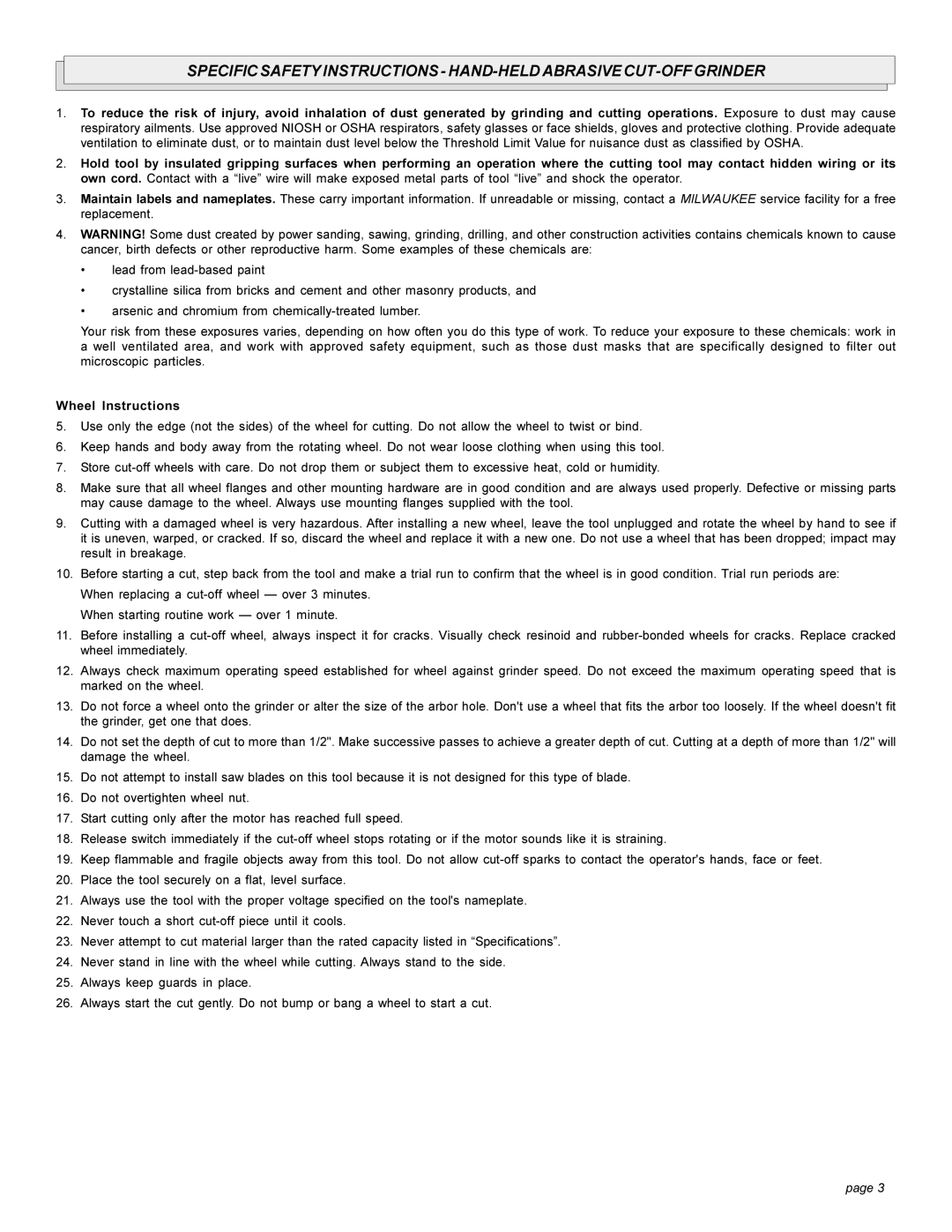6184-21, 6184-01 specifications
The Singer 6184-01 and 6184-21 sewing machines represent a blend of classic design and modern technology, catering to both novice and experienced sewists. Renowned for their reliability, these machines offer a host of features that enhance the sewing experience and make them suitable for various projects.One of the standout characteristics of the Singer 6184 series is its robust construction. The machines are built with a sturdy metal frame that not only ensures longevity but also minimizes vibration during use, resulting in more accurate stitches. This stability allows users to tackle heavier fabrics with ease, such as denim and canvas, making these models versatile choices for a range of sewing applications.
The 6184 series is equipped with a powerful motor that provides consistent sewing speed, ensuring smooth operation across different fabric types. With multiple stitch options, including straight, zigzag, and decorative patterns, the machines offer flexibility for creative projects. Each model features a user-friendly dial interface that allows for quick stitch selection, making it easy for beginners to navigate.
Another key feature of the Singer 6184 series is the automatic needle threader, which simplifies the threading process and saves time. Additionally, the top drop-in bobbin system is designed for easy bobbin changes and prevents tangling, giving users confidence while sewing. The clear cover over the bobbin area allows for easy monitoring of thread levels.
The 6184-21 model includes advanced features such as adjustable stitch length and width, allowing for full customization based on individual project needs. This flexibility is complemented by a heavy-duty presser foot that provides excellent fabric feed, ensuring even stitching regardless of the material.
Both models come with a range of accessories, including multiple presser feet, a seam ripper, and an instructional manual that guides users through the machine’s features. These accessories enhance the sewing experience, enabling users to expand their skills and experiment with various techniques.
In conclusion, the Singer 6184-01 and 6184-21 sewing machines stand out in the market for their durability, ease of use, and advanced features. With a combination of classic craftsmanship and modern technology, these machines are ideal for anyone looking to embark on their sewing journey or expand their existing skills, making them a reliable choice for crafters of all levels.
